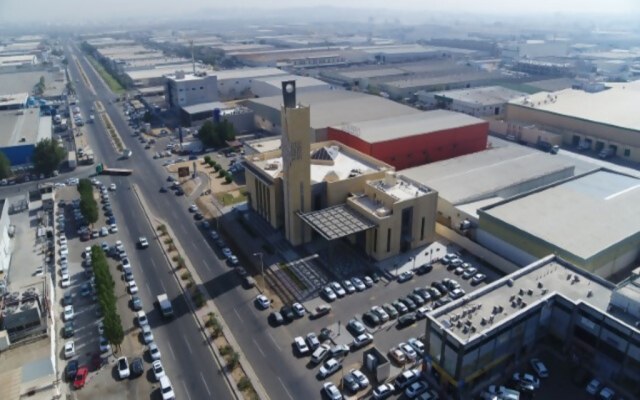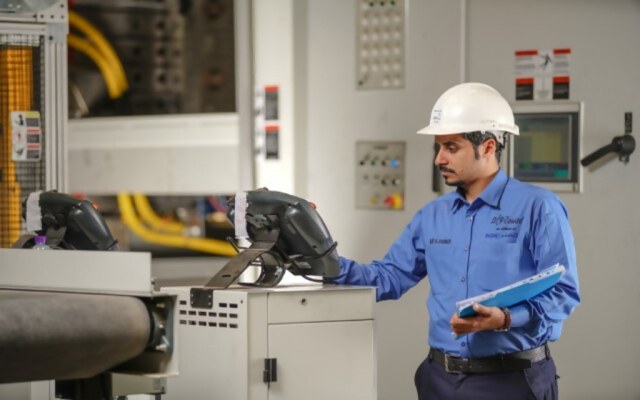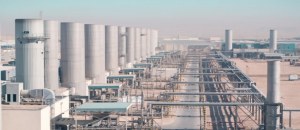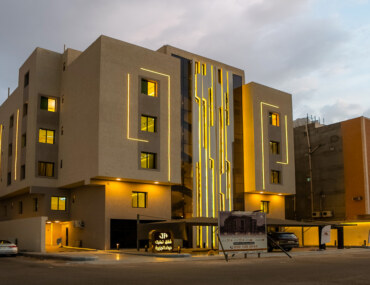The Economic Cities and Special Zones Authority (ECZA) is one of Saudi Arabia’s most strategic (and important) government entities, playing a pivotal role in driving investment, fostering innovation, and ensuring long-term economic growth.
ECZA oversees special economic zones and major development hubs, aligning with Saudi Vision 2030 to diversify the economy and position the Kingdom as a global business, trade, and technology destination. This article will cover ECZA’s tasks, objectives, development, types of special economic zones, and licensing framework for investors.

Tasks and Objectives of the Economic Cities and Special Zones Authority
The Economic Cities and Special Zones Authority was established to regulate, develop, and manage the Kingdom’s economic cities and zones, offering a unique environment that combines advanced infrastructure with business-friendly regulations. Its main objectives include:
- Attracting foreign and domestic investment through tax incentives, customs exemptions, and simplified procedures.
- Developing vital infrastructure such as ports, logistics hubs, and industrial clusters to enhance trade and competitiveness.
- Supporting job creation and skills development by offering training programs and partnerships with universities.
- Promoting sustainability and innovation by encouraging the use of smart technologies and green practices.
- Enhancing global competitiveness by building partnerships with international companies and institutions.
For more details, read our article where we unpack Vision 2030 even further.
Development of the Economic Cities and Special Zones Authority
Since its inception, ECZA has overseen major initiatives that have reshaped Saudi Arabia’s investment landscape. The development of the Authority reflects a continuous effort to modernize regulations, attract high-value industries, and create world-class urban and economic hubs.
Key developments include:
- King Abdullah Economic City (KAEC): A flagship project on the Red Sea coast designed to host logistics, tourism, education, and residential developments.
- Jazan Economic City: Focused on heavy industries such as petrochemicals and manufacturing, boosting the southern region’s economy.
- Knowledge Economic City in Medina: A hub for innovation, IT, and knowledge-based industries.
- Ras Al Khair Industrial City: A major project to support mining and downstream industries.
Each of these developments demonstrates the Authority’s role in balancing infrastructure growth with socio-economic impact.
What Are the Special Economic Zones in Saudi Arabia?
Saudi Arabia’s special economic zones (SEZs) are strategically designed to cater to specific industries, offering targeted incentives and services. Some of the most notable SEZs include:
- Cloud Computing Zone: Supporting digital infrastructure and technology-driven businesses.
- Logistics Zone at King Salman International Airport: Focused on global trade and cargo services.
- Advanced Manufacturing Zones: Designed to host industries such as pharmaceuticals, automotive, and renewable energy.
- Tourism and Entertainment Zones: Created to promote hospitality, leisure, and cultural investment opportunities.
These zones are key to diversifying the Saudi economy and reducing reliance on oil revenues. More details can be found on the Saudi Investment Ministry website.
Licensing Certificate of the Economic Cities and Special Zones Authority
One of ECZA’s most critical services is its licensing certificate, which simplifies the process for companies wishing to operate within economic cities and special zones.
The licensing framework provides:
- Business-friendly regulations that reduce bureaucracy and allow for faster approvals.
- Customizable licenses tailored to industries such as logistics, IT, finance, and advanced manufacturing.
- Legal certainty and investor protection aligned with international best practices.
- Integration with digital platforms for streamlined applications and renewals.
By offering these services, the Authority ensures that investors can focus on growth while benefiting from a supportive regulatory environment.
For application procedures, visit the official ECZA website.
Incentives and Advantages for Investors
The Economic Cities and Special Zones Authority provides a variety of incentives to encourage investment, including:
- Tax exemptions and reduced customs duties
- Full foreign ownership rights in many sectors
- World-class infrastructure across ports, roads, and airports
- Access to skilled Saudi talent through training and educational initiatives
- Support for public-private partnerships (PPPs) in large-scale projects
If you’re a new or established investor, you’ll find our article on Smart Real Estate Investment Strategies In Saudi Arabia helpful.
Challenges Facing the Authority
While ECZA has achieved significant milestones, it faces ongoing challenges such as:
- Global economic fluctuations that impact foreign investment
- Ensuring environmental sustainability in large-scale industrial and urban projects
- Keeping pace with rapid technological changes across industries
- Balancing local workforce development with the demand for specialized international expertise

The Economic Cities and Special Zones Authority and Vision 2030
The Economic Cities and Special Zones Authority is a cornerstone of Vision 2030, directly contributing to:
- Diversification of income sources by creating non-oil revenue streams
- Raising global competitiveness through world-class zones and cities
- Sustainable development by integrating smart technologies and green practices
- Empowering Saudi talent by generating jobs and training opportunities
Its initiatives not only attract investment but also strengthen Saudi Arabia’s position in global trade and innovation.
The Growing Role of the Economic Cities and Special Zones Authority
ECZA is building a resilient Saudi economy by creating a global hub for trade, investment, and technology. It achieves this through world-class infrastructure, innovation, sustainability, streamlined licensing, and alignment with Vision 2030, benefiting investors, businesses, and communities.
For more insights, visit ECZA’s official portal or explore Saudi Vision 2030.
To keep up with Saudi Arabia’s real estate trends and updates, be sure to follow the My Bayut Blog.





